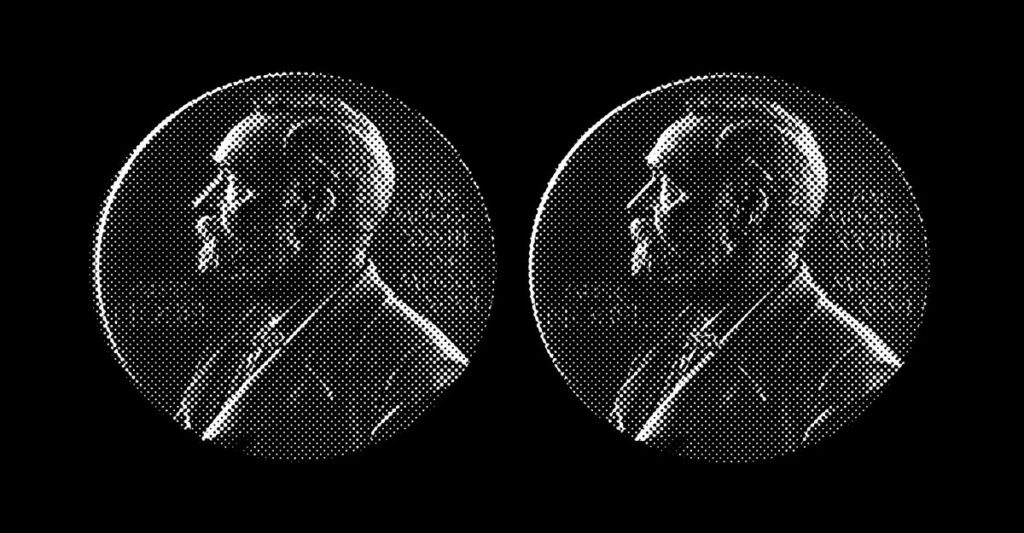Nobel Prize Honors Pioneers of Artificial Intelligence: A New Chapter in Innovation
On October 8, 2024, the Nobel Committee made history by awarding the Nobel Prize in Physics to two prominent figures in the world of artificial intelligence (AI): John Hopfield and Geoffrey Hinton. This unprecedented acknowledgment reflects the deep impact of their groundbreaking work on modern technology and our everyday lives.
A Legacy of Innovation
When Alfred Nobel penned his will in 1895, he envisioned rewards for those who bring significant benefits to humanity. The prizes awarded over the years, from penicillin to the structure of DNA, echo this mission. The recognition of Hopfield and Hinton signifies a new era, one where the foundations of AI are likewise celebrated as pivotal to scientific and technological progress.
Recognizing the Foundations of AI
During the announcement, Ellen Moons, chair of the Nobel Committee for Physics, highlighted the revolutionary statistical methods developed by Hopfield and Hinton. Their innovative approaches laid the groundwork for artificial neural networks, enabling machines to discern patterns in enormous datasets—a game changer in fields ranging from astrophysics to healthcare.
Hopfield’s invention in 1982 allowed computer systems to emulate human memory by storing and recalling patterns. Three years later, Hinton introduced a method for detecting patterns across examples. Together, their breakthroughs have fueled the machine-learning revolution we see today, driving advancements in everything from weather forecasting to genetic analysis.
Everyday Applications and Future Implications
The applications of their research are numerous and profound. Neural networks are behind many technologies we rely on daily, such as facial recognition and language translation. Recent developments in drug discovery and renewable energy research are also significantly enhanced by these AI systems. As these technologies evolve, they promise to usher in a new wave of discoveries that were previously unimaginable.
In a conversation following the award announcement, Geoffrey Hinton likened the impact of generative AI to that of the Industrial Revolution. He cautioned about the transformative nature of machine intelligence, expressing concerns over our readiness for a world where machines may surpass human capability.
Celebrating Achievements, Not Predictions
It’s important to note that the Nobel Committee’s focus was less about the speculative potential of AI and more on its tangible, existing contributions. The award illustrates how machine-learning research enriches various domains while celebrating a pragmatic approach to innovation. Instead of feeding into the hype surrounding AI, this acknowledgment stands as a testament to the impactful, direct benefits that these technologies have already delivered to society.
Conclusion: The Path Ahead
The recognition of Hopfield and Hinton is a pivotal moment not only for the AI community but for all of us engaged with emerging technologies. As we contemplate the future of AI, it’s critical to appreciate its present contributions while remaining cautiously optimistic about its potential trajectories.
The AI Buzz Hub team is excited to see where these breakthroughs take us. Want to stay in the loop on all things AI? Subscribe to our newsletter or share this article with your fellow enthusiasts.




